Local government (LG) is a fertile ground for democracy. Indeed, a democracy works when all people including the most marginalized ones participate in the process of governance can ask questions and can seek accountability.
For Third World countries, it is an indispensable pre-condition for sustainable development. According to Lord Bryce, “the best school for democracy and the best guarantee for its success in the practice of Local Self Government”.
Local institutions are schools for democracy and training complexes that create leaders, and the success of a democracy relies on them.
LG is an integral part of the central government of Bangladesh. However, its long existence is confronted with some chronic problems which have curtailed the growth of the units as viable institutions that deliver democratic education to the local people.
Union Parishad (UP), the lowest tier of LG, plays a crucial role in strengthening democracy and for the sustainable development of the rural communities. Generally, people are interested in UP bodies as they can directly participate on large scale.
Introducing Party-line Election in Local Government
Since its inception, Bangladesh has been struggling to be a democratic developed nation. However, several political ups and downs, the introduction of a one-party system, military rules, and the competition in political parties to capture power have placed the democratic journey of the country in jeopardy.
This time, however, such people did not come forward in many cases. Moreover, corruption in the nomination process has turned out to be a real shame.
The political problems that Bangladesh is suffering are not rooted in the Constitution but the political culture. It has hurt democratization efforts within the local government structure of Bangladesh as well.
A paradigm shift in the political system took place in Bangladesh on October 12, 2015, to hold local polls on a partisan basis.
The century-old practice of non-party poll of local bodies has been changed to a first-ever partisan poll that brought major challenges for political parties of Bangladesh.
School of Thoughts on Party- line Election
The government claims that the local government elections will be more participatory by the introduction of party-based elections.
There are two schools of thought on this issue. According to the conservative school of thought, though it is a little too early to settle on the party-based electoral system of Union Parishads, the developments around the ongoing Union Parishad elections is sending a wrong message.
The volume of violence, the complaints related to nominations as well as corruption in the electoral system has been terrible.
The unequal economic structure trends to influence the local bodies by pro-partied class. They often tend to suit their class interest and purposes.
As the Union Parishad elections were held on a non-partisan basis in the past, many neutral and locally popular people had opportunities to be elected.
This time, however, such people did not come forward in many cases. Moreover, corruption in the nomination process has turned out to be a real shame.
Dedicated and honest politicians are also in the race of courting favors from the influential ones.
The wisdom behind the party-based model of Union Parishad elections is thus being questioned heatedly.
According to the liberal school of thought, it has opened up an opportunity for the local people to be mindful in selecting their local leaders as well as engaging in the development process at the grassroots level.
Such a party-based local government election enables elected representatives to get the maximum benefit from the political government.
The central political party in power can implement their agenda at the local level with maximum backing of UP elected representatives.
Past observations of LG in Bangladesh show that the successive governments had to establish some kind of local government structure to mobilize the support of the rural communities in their favor by providing welfare measures.
Hence, LG could not successfully provide opportunities to the people, irrespective of party affiliation, to participate in the development activities.
Trend of Political Participation and Consequences
The colonial pattern of administration in LG has been categorized as elitist and alienated nature.
Administrative officials working at the UP level are bureaucratic and alienated from the people, and therefore, people cannot properly take part in different activities of LG.
The weakness of its socio-economic base remains a key obstacle in the way of democratic education through LG.
The unequal economic structure trends to influence the local bodies by pro-partied class. They often tend to suit their class interest and purposes.
A strong political will is a must for the effectiveness of the democratization within the preview of local government bodies in Bangladesh.
As a result, LG cannot render proper services to the people at the local level. Besides, the presence of the local elite dissuades the general public from participating in the LG, which results in a less effective local government.
In rural Bangladesh, this remains a major impediment to popular participation in local level elections. Such attitude results put the candidates who have lost and their supporters in conflict with the winners.
Consequently, they do not cooperate with the winners, resulting in a challenging situation for the functioning of the elected council.
Politico-administrative contradictions often disrupt the very functioning of LG units. It is apparent that local people cannot provide any sort of inputs in the decision-making process of UP for their welfare.
The national political activities are foisted upon the grassroots level units in different ways. Therefore, people at the local level divide along political lines, and they do not cooperate and coexist.
The patron-client relationship endangers the effective role of UP in democratic development. In rural Bangladesh, the patron decides the will of the political participation of the client. This makes the vast apolitical at the local level.
In Quest of Democratic Local Government Bodies
The democratization of the political party is the half way to gifted democracy.
Democratic countries like the UK, US, and even in India, political parties of those countries have the good practices of democracy and their contribution leading the nations forward and have been familiar throughout the world as strong, sustainable democratic countries.
The major challenge for the political party will now be to organize themselves with their dedicated supporters who will steer the wheel of the party at the grassroots level.
Local government plays an influential role in grassroots level development through responding to local needs. It gives the structural framework for women’s participation in political decision-making and provided an opportunity to bring women to the center of local development and develop new grassroots level leadership.
Those who are elected as chairperson or general members are often ignored during decision-making only because they are women.
Political education for the masses and creation of opinion of the people on government policies, roles and functions is the plea of time while Institutionalization of party activities i.e. developing a political education program, and a code of conduct for parties is essential.
Though this participation is in some cases to some extent barred, it provides for maintaining the mosaic of interests in a pluralistic society resulting in social integration.
Although we are bearing in mind the less democratic features of political parties in Bangladesh but on the contrary, there are some affirmative indications of political parties towards democratic development i.e. convention, election in terms of leadership selection at the mid and lower levels of the party in a limited scale, participation in general elections, party election campaign, different wings of the party, protest against misdeeds and moreover, peoples eagerness towards political parties.
A strong political will is a must for the effectiveness of the democratization within the preview of local government bodies in Bangladesh.
Furthermore, to make the development truly meaningful, involving people directly in the formulation and implementation of decisions must be assured. This necessitates the decentralization of democracy to the lowest level.
Political education for the masses and creation of opinion of the people on government policies, roles and functions is the plea of time while Institutionalization of party activities i.e. developing a political education program, and a code of conduct for parties is essential.
Let political parties and relevant stakeholders including community people take the lessons from the problems and overcome them for the greater interest of the nation.
Dr. Mohammad Tarikul Islam is an Associate Professor of the Department of Government and Politics at Jahangirnagar University in Bangladesh. He is the Visiting Scholar of Oxford and Cambridge. Prior to joining the university, Dr. Islam was serving the United Nations for a period of seven years. As a popular development columnist in South Asia, Professor Islam writes for the Daily Star, the Daily Independent, the Financial Express, The Business Time, Daily Jugantor and South Asia Monitor regularly.


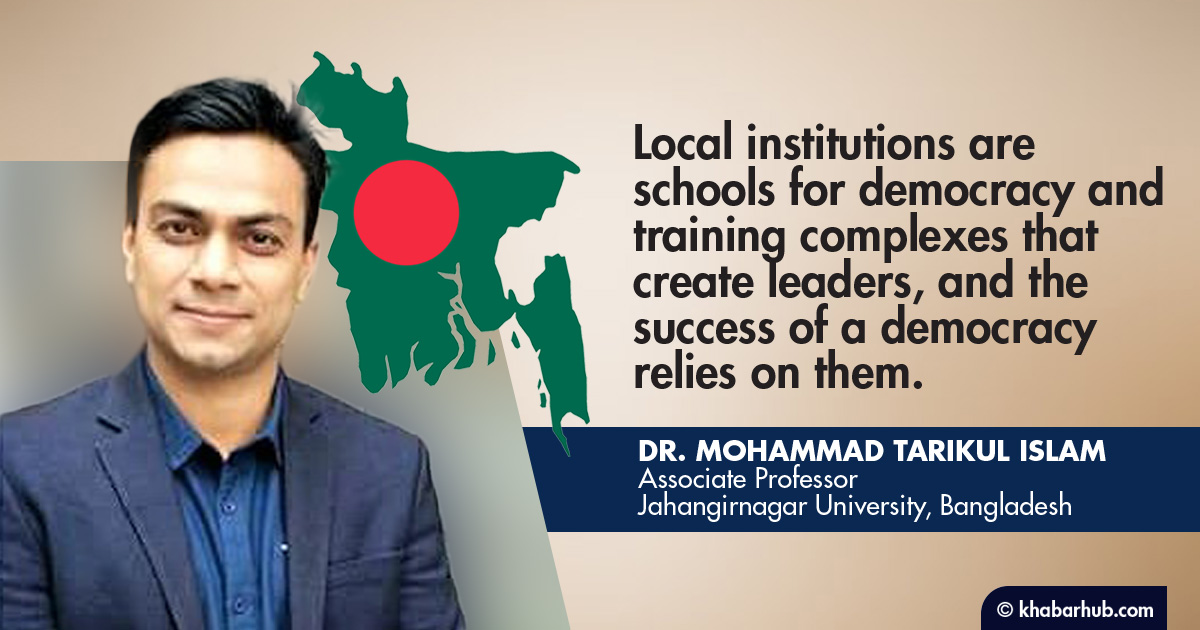
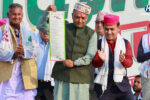
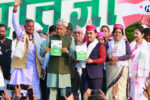

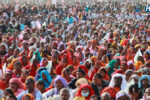
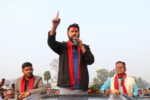

Comment